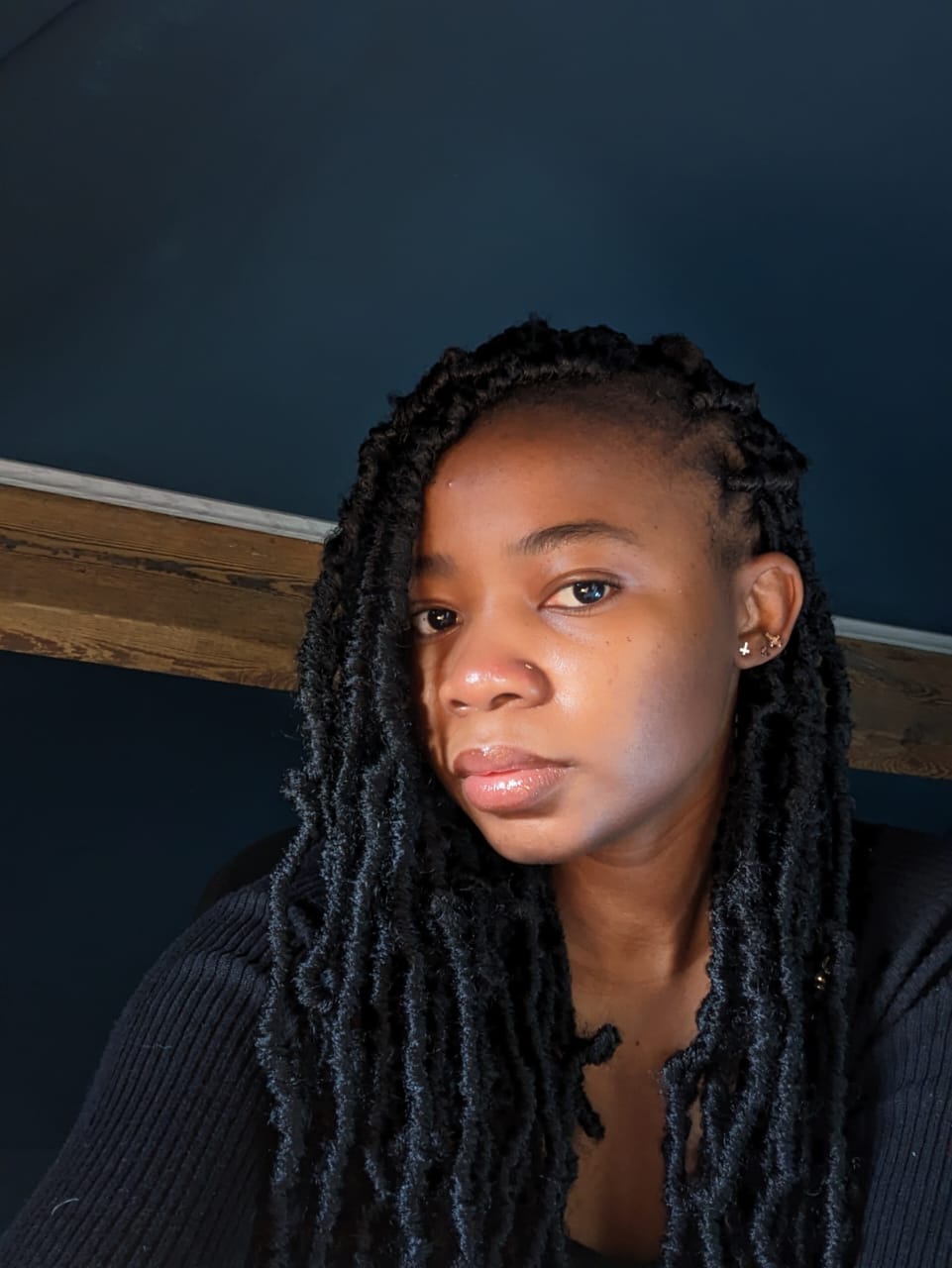In Defence of Silence: A Portable Paradise
Dearest immigrant, did you leave home or home spat you out?
Yellow thought she had defeated life in her eighties. She had fought minor battles and the big ones. Orphaned early in life, married off at sixteen to a man who had another wife, buried a child at seventeen, and widowed with six children at Twenty-nine. Yellow was a warrior. She had paid her dues, and in her eighties, she would often sit on the balcony …





